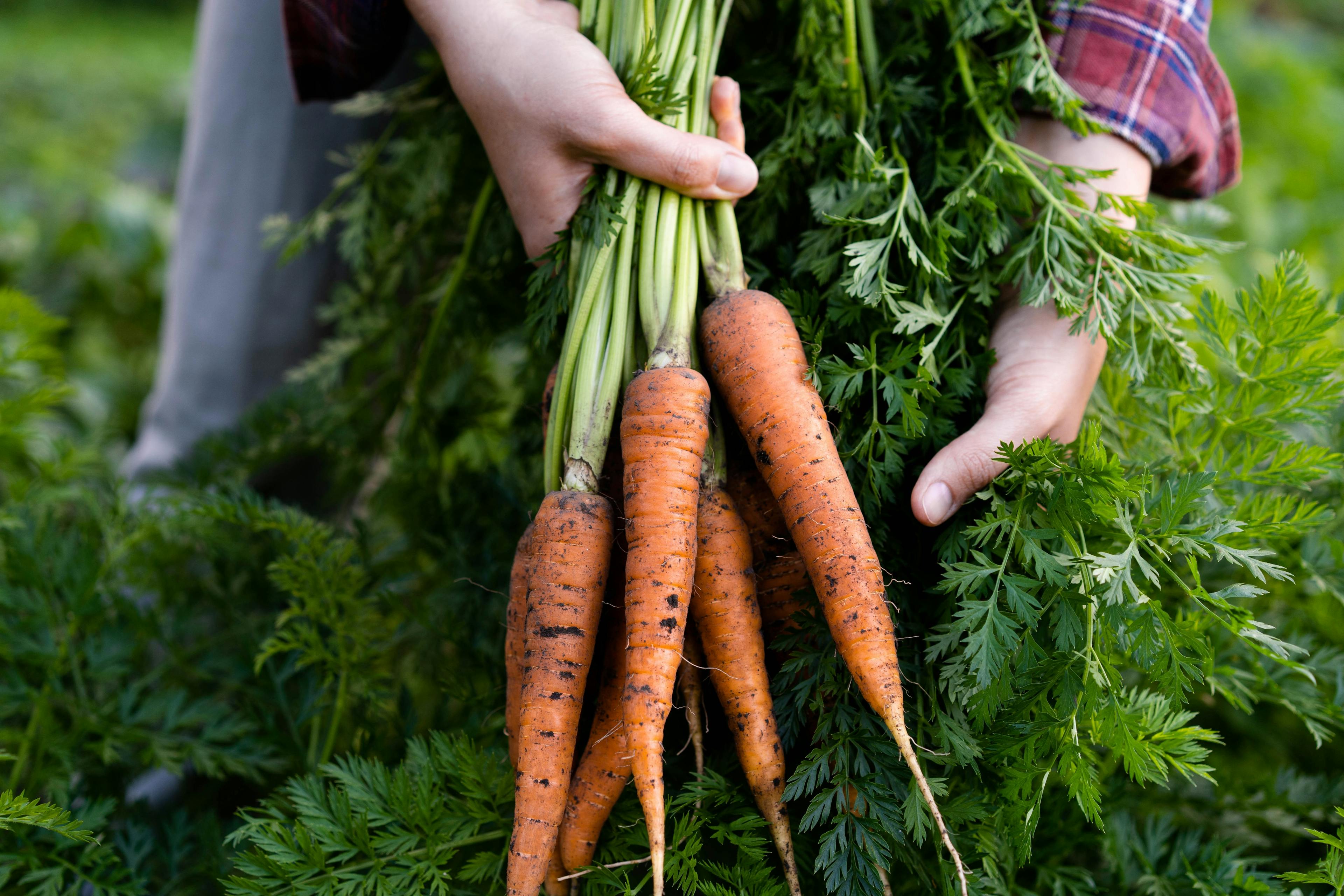
Introduction to Organic Farming
A comprehensive course to understand the basics of organic farming, its fundamental principles, and common practices.
Organic farming is a method of agricultural production that excludes the use of synthetic chemicals such as pesticides and artificial fertilizers, favoring environmentally friendly and biodiversity-respecting practices. This course aims to provide a deep understanding of the principles of organic farming, its benefits, challenges, and common practices.
The foundations of organic farming are based on four principles: health, ecology, fairness, and care. The health principle aims to preserve and enhance the health of soils, plants, animals, and humans. Ecology encourages agricultural practices that respect natural ecosystems and biodiversity. Fairness emphasizes just relationships with trade partners and society. Finally, care involves making informed decisions to protect current and future generations.
Common practices in organic farming include crop rotation, composting, mulching, and the use of cover crops. Crop rotation helps maintain soil fertility and prevent diseases. Composting transforms organic waste into natural fertilizer. Mulching reduces water evaporation and limits weed growth. Cover crops protect the soil from erosion and improve its structure.
Organic farming offers several advantages. It contributes to environmental protection by reducing soil and water pollution. It promotes biodiversity by creating habitats for various species. Organic products are often more nutritious and free from pesticide residues, which is beneficial for consumer health.
However, organic farming also presents challenges. Yields can be lower than conventional farming, which can affect profitability. Managing pests and diseases without synthetic pesticides can be complex and demanding. Additionally, organic certification requires investment in time and resources.
In conclusion, organic farming represents a sustainable alternative to conventional farming. It requires a deep understanding of ecosystems and specific techniques to succeed. This course will provide you with the necessary tools to start or improve your practice of organic farming.
